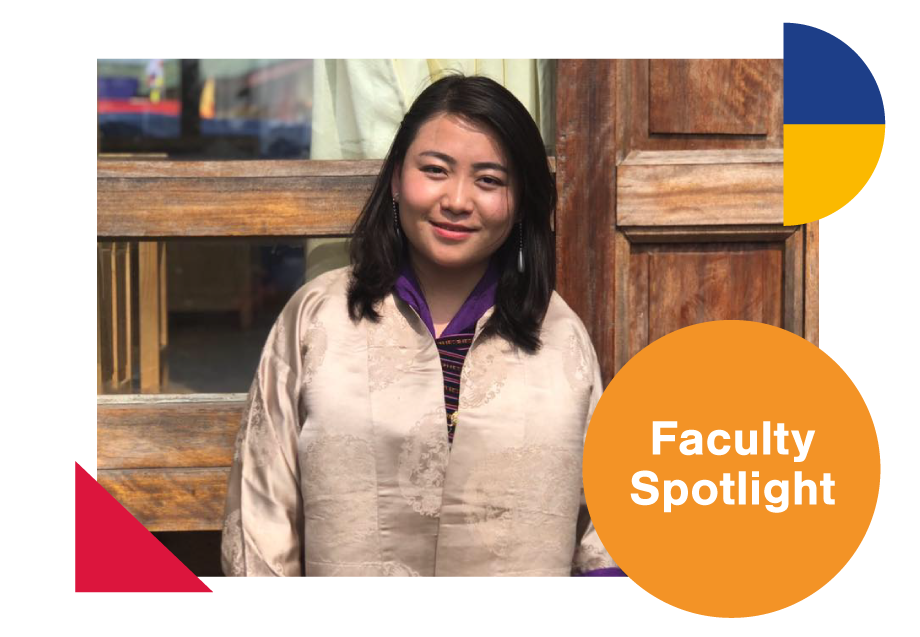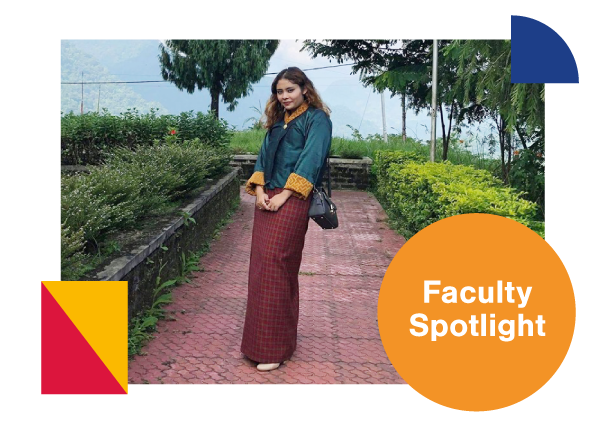The COVID-19 pandemic has and continues to have a great impact on everyday life all over the world. Having affected all areas of life, from social contact to the job market, the pandemic has inevitably had an impact on education. In times of crisis, structures tend to become vulnerable, and ongoing activities can be threatened. But how do we accommodate such challenges?
International collaboration and partnerships, two key elements at the heart of Problem Based Learning (PBL) activities, were highly compromised by the pandemic. To meet this challenge, PBL has implemented radically creative methods for learning, teaching, and knowledge propagation. Student exchange programs, curricula change trainings, and workshops that congregate participants from Europe, South Asia, and East Africa, are now redefined. Problem-Based Learning has shifted from face-to-face interaction to flexible models of digital and hybrid communication.
“After COVID-19, the acceleration of online education and also online participation is incomparable to the previous years. […] We have to gradually shift towards online cooperation to avoid being irrelevant for the jobs of tomorrow”.
– Lena Sthapit, Deputy Head of Department, Civil Engineering, at Asian Institute of Technology and Management (AITM), Nepal
What appeared to be a barrier, turned out to be an opportunity to test the working methods of PBL
Continuous learning and implementation of PBL now require extra efforts to make it work and here is where the collective expertise of all the team members in PBL contributes. Together, the teams work on finding ways to collaborate productively and to learn each other’s customs, preferences, struggles, and possibilities.
Throughout the past year, the PBL teams moved all of their activities to be virtual and generated spaces for stakeholders to congregate, interact, and discuss. The HEI partners spent considerable time creating educational content, reforming their courses, and ideating projects.
“Clear agreements are really important. […] having everyone on the same page has become even more important”.
– Betsie Loeffen, Student Assistant for PBL MOOC at TU Delft, The Netherlands
Students played a big role in this transition. They were not able to travel abroad, and physically work together, thus resorted to virtual spaces. How does international collaboration happen through the screens? And how do students learn from each other’s cultures, environments, and expertise?
“The best part of the online collaboration was the cultural difference we got to experience through each other and how, through teamwork and a good collaborative bond, we managed to produce a satisfactory output by crossing barriers like bad networks, different time zones, and many others”.
– Deki Tshomo, Student, Diploma in Surveying, Jigme Namgyel Engineering College (JNEC), Bhutan
The pandemic is still very present for the time being, but professors, students, and partners keep on adapting to encourage the spreading and implementation of PBL in higher education settings. Despite missing face-to-face collaboration, we are relieved to have found digital and hybrid ways to make things work, giving us all a renewed sense of community and belief that the PBL methods and curricula are resilient and can be implemented under difficult circumstances.
This post was written by AGI



